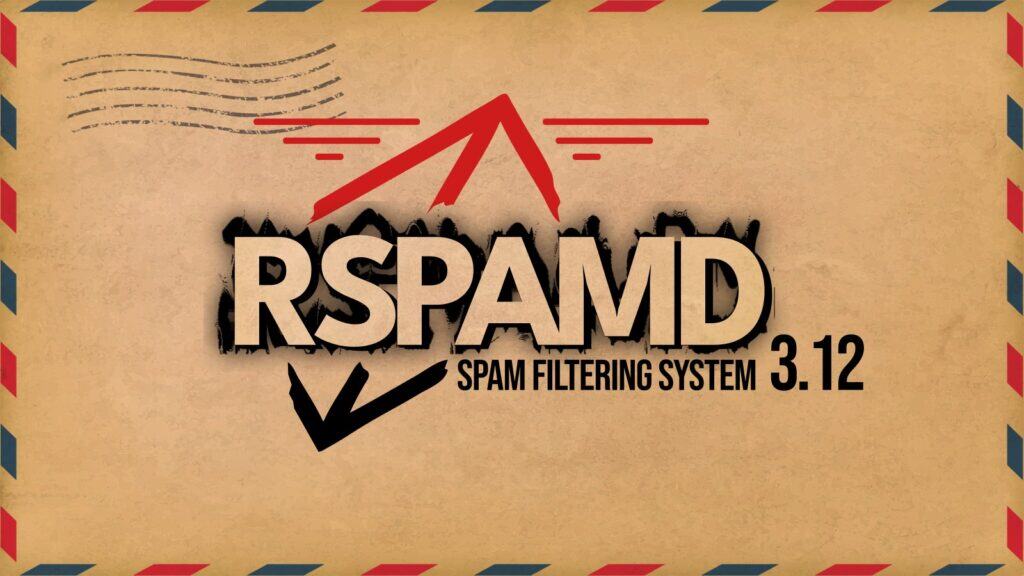Six months after its previous major 3.11 release, Rspamd, a free and open-source advanced spam filtering system widely recognized for its efficiency and flexibility in managing email spam through various modules and algorithms, released its latest update, 3.12.
First, there’s an enhanced GPT Module, which now includes support for Ollama and improved token usage logging for OpenAI-compatible APIs, which promises more versatile AI-driven email filtering capabilities.
Performance and flexibility also see major boosts, with the introduction of separate read and write servers for fuzzy storage significantly enhancing efficiency. Furthermore, Rspamd now supports CDB maps as external maps, offering administrators improved performance and scalability options for managing large datasets.
Another notable addition is the support for HEIC files, which enhances image analysis capabilities by recognizing and analyzing HEIC image formats commonly used in mobile devices.
This update also debuts Contextal integration, enabling advanced threat detection through sophisticated analysis, strengthening defenses against malicious emails.
Additionally, the WebUI gets user-friendly enhancements, including file upload capabilities in the Test Selectors, convenient fuzzy hash management, and clearer visibility of loaded and unloaded maps.
Regarding security, macros and file variables in the lua-ucl parser are now disabled by default, addressing critical vulnerabilities and reducing potential attack surfaces. Enhanced input validation, improved error handling, and secure configuration parsing further tighten Rspamd’s resilience against exploits.
Lastly, administrators managing Rspamd’s underlying infrastructure will find the updated Redis integration beneficial. It features refined script loading and caching mechanisms for smoother operations.
In addition, proxy improvements further streamline system communication, including HTTPS backend connections, keep-alive support, and additional header specifications.
For more information, see the announcement or refer to the project’s GitHub changelog.
